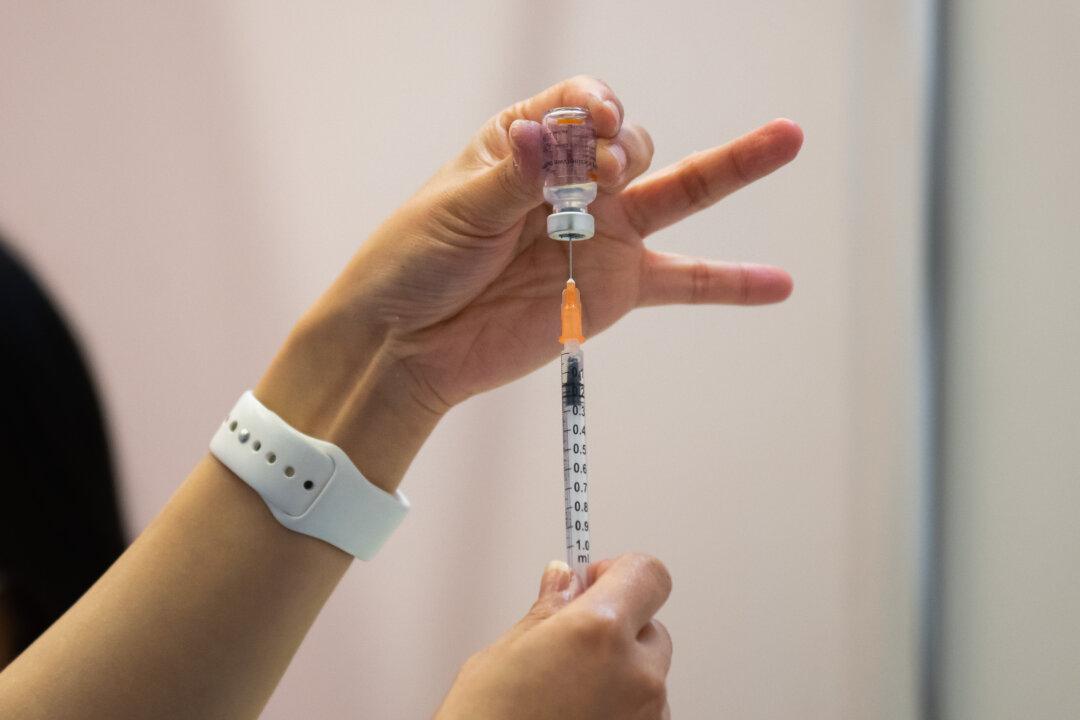A new study found that two doses of China’s Sinovac COVID-19 vaccine didn’t generate appreciable numbers of antibodies against the new, highly infectious, omicron variant.
The study tested the blood from 25 people who were fully vaccinated with Sinovac’s Coronavac. None of them “contain sufficient antibodies to neutralize the Omicron variant,” researchers at the Department of Microbiology of the University of Hong Kong (HKU) wrote in their statement released on Dec. 14. The study used two Omicron variants, one from South Africa and one from Nigeria.





